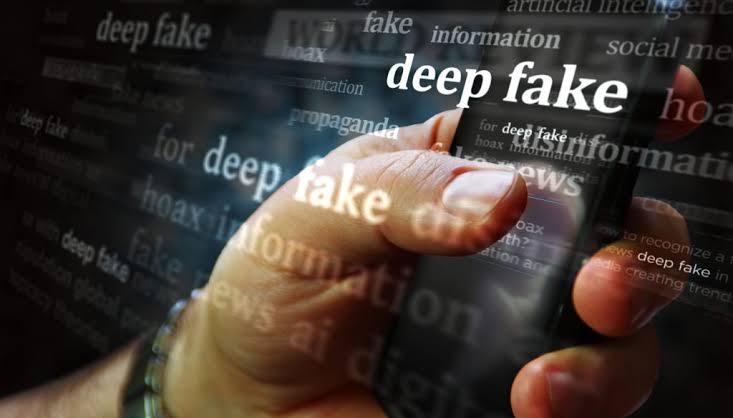In an increasingly digital world where the lines between reality and fabrication are becoming alarmingly blurred, the Government of India is making determined efforts to combat the rise of deepfakes and misinformation online. Recognizing the emotional and societal damage that such content can cause—from defaming individuals to disrupting public order—the government is taking a strong stand to ensure the digital space remains safe, trustworthy, and accountable for all users.
 At the heart of India’s legal framework is the Information Technology Act, 2000, which has been tailored to address a wide range of cybercrimes, including identity theft, invasion of privacy, and the dissemination of obscene or harmful content. In light of the rapid evolution of artificial intelligence and synthetic media technologies, the Act and its associated rules extend to content generated through AI and other emerging tools, aiming to define and penalize new-age digital offences.
At the heart of India’s legal framework is the Information Technology Act, 2000, which has been tailored to address a wide range of cybercrimes, including identity theft, invasion of privacy, and the dissemination of obscene or harmful content. In light of the rapid evolution of artificial intelligence and synthetic media technologies, the Act and its associated rules extend to content generated through AI and other emerging tools, aiming to define and penalize new-age digital offences.
To reinforce these protections, the Ministry of Electronics and Information Technology (MeitY) introduced the IT (Intermediary Guidelines and Digital Media Ethics Code) Rules in 2021. These rules place specific responsibilities on online platforms, particularly social media intermediaries, to swiftly act against unlawful content—whether it’s misinformation, hate speech, or harmful deepfakes. Platforms are expected to be vigilant, remove such content upon receiving valid grievances, and cooperate fully with legal directives.
Deepfakes, with their potential to manipulate reality in unsettling ways, have emerged as a particularly troubling concern. Aware of this, MeitY has been proactive in holding consultations with digital platforms and issuing advisories to remind them of their obligations. These advisories emphasize swift detection and removal of manipulated or misleading synthetic content.
Supporting this ecosystem of digital vigilance is the Indian Computer Emergency Response Team (CERT-In), which plays a pivotal role in raising awareness and issuing timely alerts about cyber threats, including those related to AI-generated deepfakes. It also shares tools and tips to help individuals and organizations protect themselves online. CERT-In runs campaigns throughout the year—from Safer Internet Day to Cyber Security Awareness Month—to foster a culture of caution and cyber hygiene.
To further empower citizens, mechanisms have been set in place for redressal. The establishment of Grievance Appellate Committees provides users an online platform to challenge decisions made by digital platforms if they feel their concerns have not been adequately addressed.
Additionally, the Ministry of Home Affairs has taken steps to combat cybercrime more broadly through its Indian Cyber Crime Coordination Centre (I4C) and the National Cyber Crime Reporting Portal. This allows the public to report cybercrimes easily, with complaints being routed to appropriate state authorities for further investigation. A toll-free helpline—1930—is also in operation to support victims of cyber financial frauds.
In a written reply to the Rajya Sabha, Minister of State for Electronics & IT, Shri Jitin Prasada, underscored the government’s commitment to tackling the malicious use of emerging technologies. The message is clear: while the digital world offers vast opportunities, it must not come at the cost of public trust and safety. Through a combination of legal enforcement, technological vigilance, and public awareness, India is working to shield its citizens from the dark side of the digital age.



